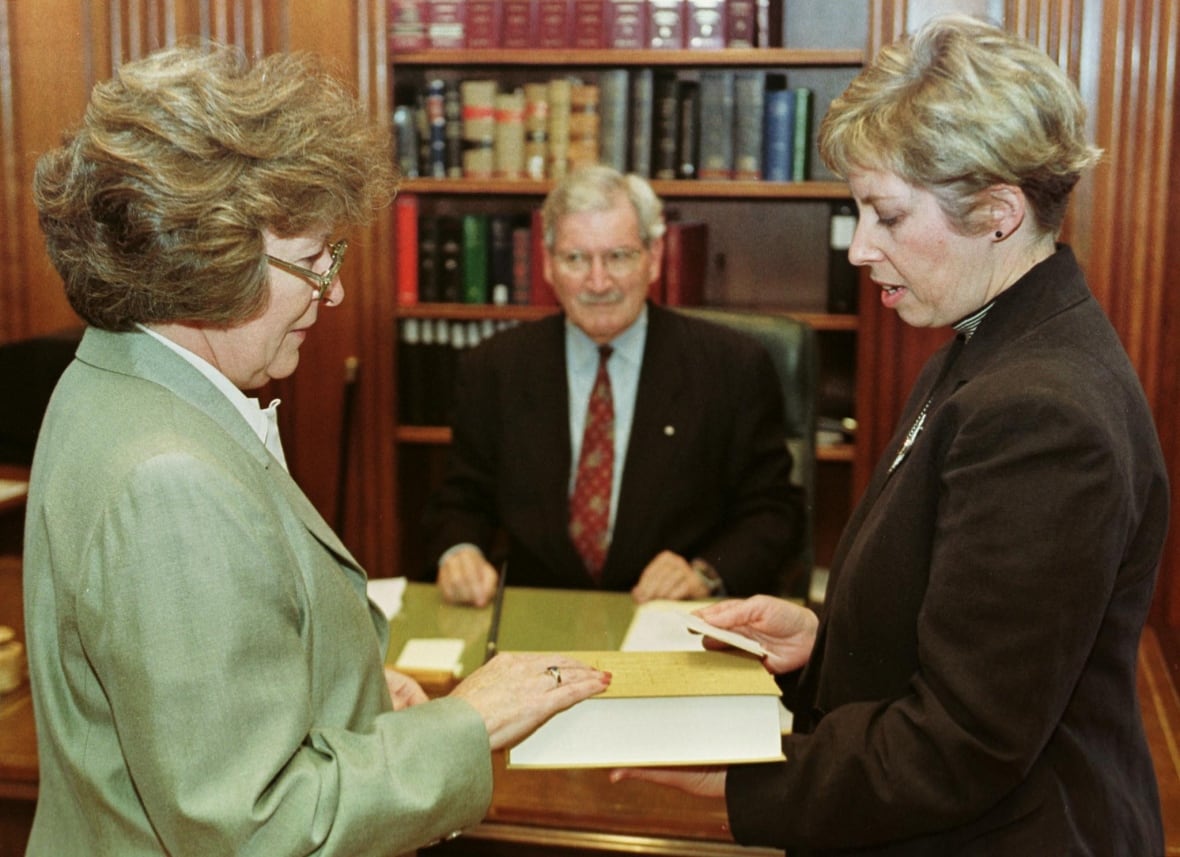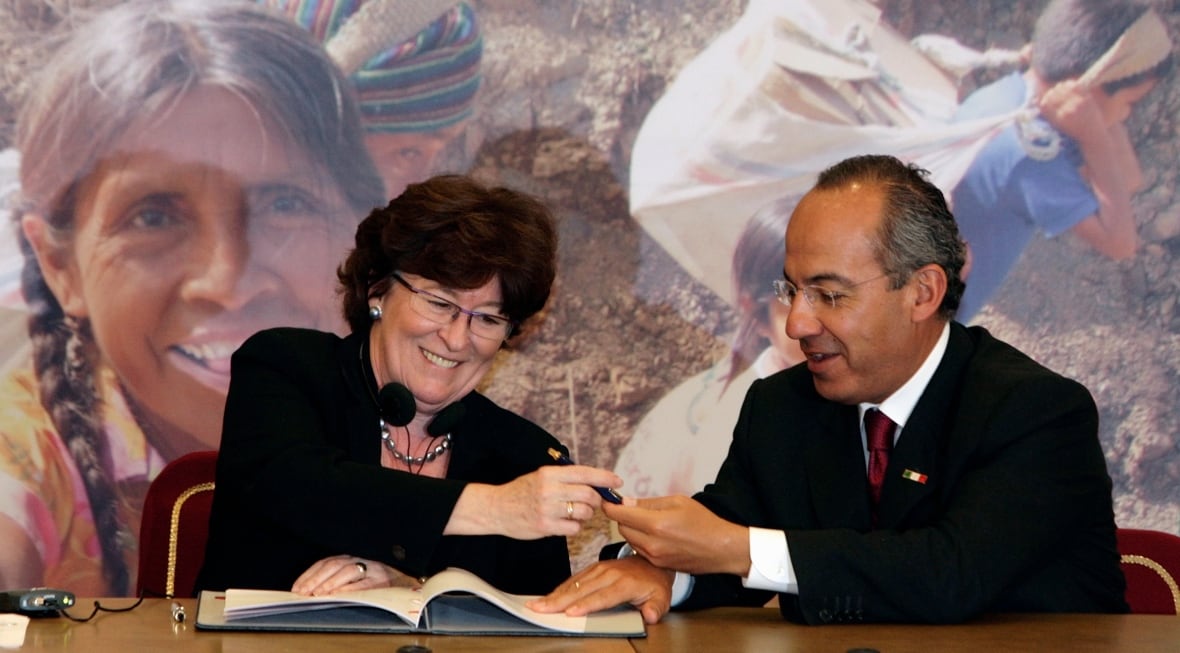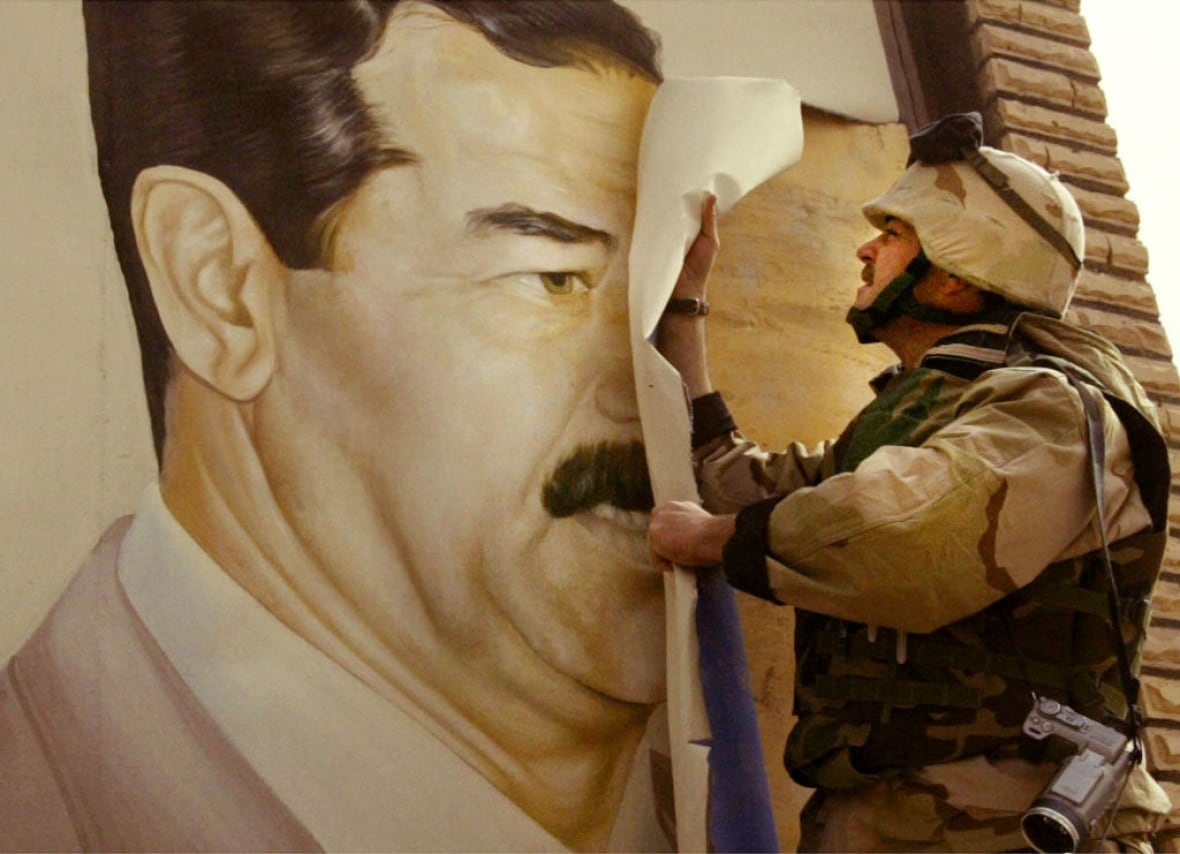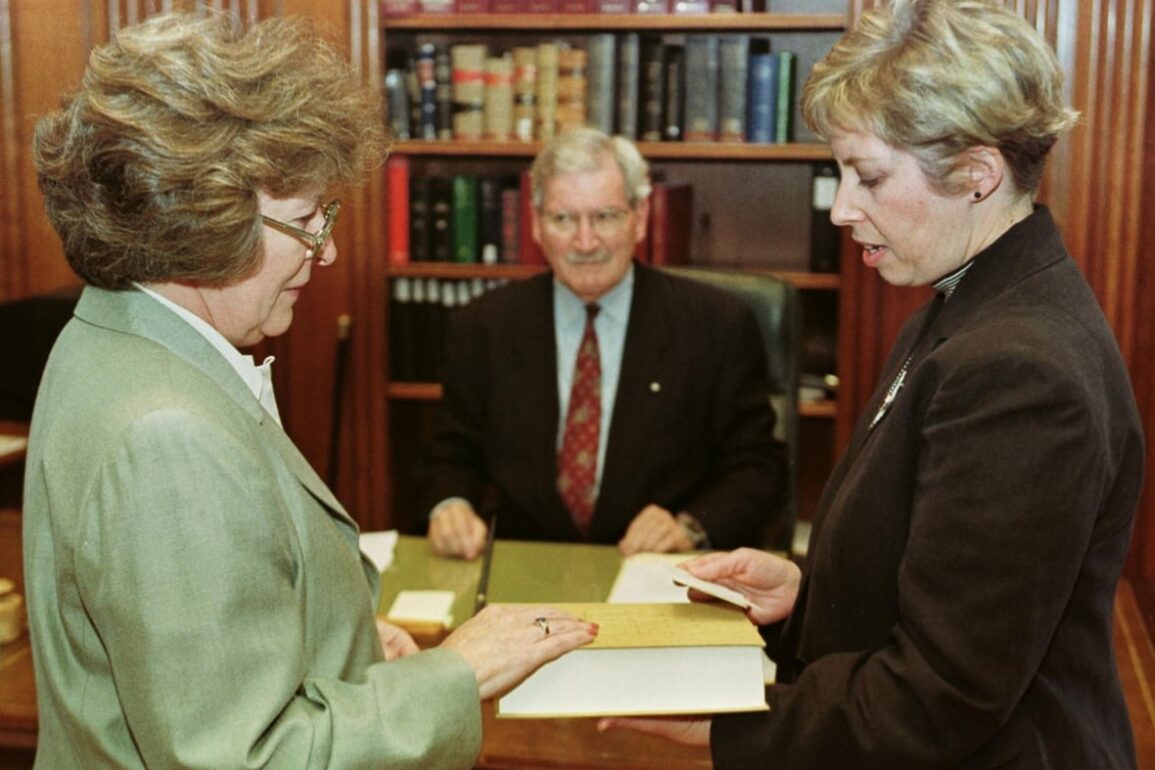Ideas53:59Searching for Truth: The Honourable Louise Arbour
The Honourable Louise Arbour has had a long and distinguished career.
Just to name a few of her impressive accomplishments, she was a justice of the Supreme Court of Canada, the United Nations High Commissioner for Human Rights, and chief prosecutor of the International Criminal Tribunal for the Former Yugoslavia and for Rwanda.
She is currently a member of the Advisory Panel to the Minister of Defence on Canada’s Deference Policy Review. And she is also a member of the Global Commission on Drug Police, the International Commission Against the Death Penalty and the Advisory Board of The Coalition for the International Criminal Court.
In late November 2024 Arbour delivered the annual Horace E. Read Memorial Lecture at Dalhousie University’s Schulich School of Law, called Searching for the Truth.
Here are some excerpts from her lecture.
The presumption of innocence
“I was always very conscious of having been conditioned by my interest in the law of evidence throughout my working life, having been trained to believe that justice must be anchored in the highest possible, attainable standard of accuracy in capturing reality. I often found it difficult to operate professionally in non-legal fields, whether in my five years with International Crisis Group or in the various public policy and human rights issues with which I’ve been engaged. I always found it very difficult to shake the skepticism that I felt towards anything that did not satisfy me, at least on a balance of probability, but best beyond a reasonable doubt.
“Thankfully, you’ll be pleased to know I managed to escape the pathologies of skepticism that are rampant amongst conspiracy theorists as I eventually succeeded in separating life from the courtroom. Maybe for that reason, I am easily annoyed when I hear legal concepts used inappropriately, in my view, in day-to-day situations where they often seem to serve to confuse rather than illuminate. Take the presumption of innocence as a legal concept. It is the cornerstone of our criminal justice system expressly provided for in Section 11 d of the Charter, which reads: ‘Any person charged with an offense has the right to be presumed innocent until proven guilty according to law. In a fair and public hearing by an independent and impartial tribunal.’
“But like the hearsay rule, it has to be understood for what it is. And for that, I can do no better than to cite Herbert Packer’s The Limits of the Criminal Sanction (1968), in which, in my view, he brilliantly explains not only the what, but the why of that fundamental rule.”

“And here’s what he says. It’s a long quote.
‘A murderer, for reasons best known to himself, chooses to shoot his victim in plain view of a large number of people. When the police arrive, he hands them his gun and he says, I did it and I’m glad. His account of what happened is corroborated by several eyewitnesses. He’s placed under arrest and led to jail under these circumstances, which may seem extreme, but which in fact characterized with rough accuracy the evidentiary situation in a large proportion of criminal cases. It would be plainly absurd to maintain that more probably than not, the suspect did not commit the killing. But that is not what the presumption of innocence means. It means that until there has been an adjudication of guilt by an authority legally competent to make such an adjudication, the suspect is to be treated for reasons that have nothing whatsoever to do with the probable outcome of the case. As if his guilt was an open question. The presumption of innocence is a direction to officials about how they are to proceed, not a prediction of outcome.’
“Understood that way, the presumption of innocence serves as a rationale for the many rules and rights in our criminal justice system. Like the right to a lawyer, the right to an interpreter, the right to be released from custody prior to trial.”
Guilty beyond a reasonable doubt
“Another legal concept, often misused, is the ‘benefit of the doubt’ or put in other terms the burden on the prosecution to prove guilt beyond a reasonable doubt. But like the hearsay rule, these ideas often make no sense in day-to-day life. For instance, if you want to hire a babysitter to look after your three-year-old for the evening and you hear from your neighbour that she heard that your proposed candidate is said to have smacked a little kid in the park the other day. You don’t have to give the proposed babysitter the benefit of the doubt and you’re perfectly entitled to move to your next candidate.

“The presumption of innocence, as defined by Packer, has no application here. The babysitter is not on trial for assault. But if she was, she should get the benefit of the doubt and the presumption of innocence would apply. And of course, you may very well choose not to jump to conclusions and to give her the benefit of the doubt. I wouldn’t advise that in the same way. When a candidate for an important public function, say, for a U.S. Supreme Court appointment, faces allegations of serious, possibly even criminal misconduct. These allegations should be examined diligently and certainly not dismissed out of hand on the basis of the presumption of innocence and the benefit of the doubt.
“It’s hard to understand what the rationale for the presumption of innocence would be here. Even though he should be treated fairly, the candidates are not entitled to that job. His liberty is not at stake. Of course, if the same allegations were brought against him as criminal charges, he should benefit from both. We often say that it’s better that ten guilty person go free rather than punish one innocent. But I don’t see that it’s better to put an unsuitable person in high office than to deny a candidate a job for which many others are perfectly qualified.”
Searching for truth
“The search for the truth is becoming more elusive. At a time where access to information is easier, wider, and faster than it’s ever been. The deficit seems to be in the filters through which we access that information. The traditional filters, news media, scientific sources, political leaders, the so-called elites have all been under attack and at times replaced by influencers who often have no other credentials than their popularity.
“So far, this cultural shift has not infected the uniquely designed process for reconstructing past events in the context of a criminal trial. But we may ask whether it could. Members of the jury no doubt import their own point of view, their experiences, assumptions and beliefs to the task they are given.”

“Could we one day be tempted to replace juries by artificial intelligence computations which would then be trusted to distinguish between what is unlikely, what is probable, and what is certain? If so, we should remember that to sit in judgment of one peers is not purely an intellectual exercise, it’s a moral one — a process that should be guided by the very wise words of an old English case called Peirce versus Peirce. This is a case from 1846. I will quote from it and you’ll see from the language. It’s very much from 1846. So bear with me.
‘The discovery and vindication and establishment of truth are main purposes, certainly of the existence of courts of justice. Still, for the obtaining of these objects, which, however valuable and important, cannot be usefully pursued without moderation, cannot be either usefully or creditably pursued unfairly or gained by unfair means. Not every channel is or ought to be open to them.’
“Here’s the punchline. Truths, like all other good things, may be loved unwisely, may be pursued too keenly, may cost too much. So I invite you to reflect on whether other good things like peace, equality or freedom may be loved unwisely, may be pursued too keenly, may cost too much — as I believe justice never should.”
Watch Louise Arbour’s lecture and Q&A with IDEAS host Nahlah Ayed.
*This episode was produced by Mary Lynk.
This post was originally published on this site be sure to check out more of their content.









